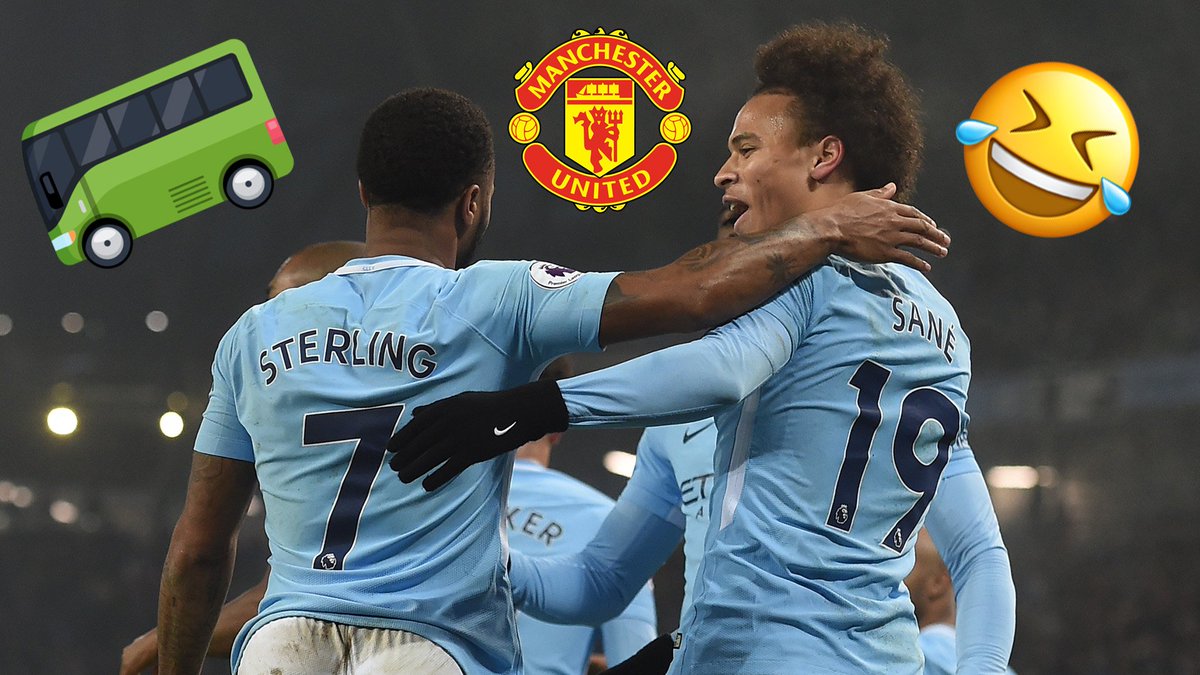
And in lieu of lyrics, there were bits where they just filled it with do do-do-doos. Mrs Roosevelt, they'd called it, for the want of anything else. Simon and Art Garfunkel had a third in the bag. Nichols was unmoved by the first two songs he'd heard. He'd been paid $25,000, and the moment of truth wasn't going well. After wrestling with his conscience over selling out to The Man by composing for the movies, he'd signed a deal to submit three songs for a new film by Mike Nichols. It's had a tweak this season, to mark Changed Circumstances.ĭu du du derr du du. So it already had a rum old career by the time St Pauli fans in Germany started singing it then it was pinched by Crystal Palace fans before it spread through the English leagues and wound up here as well as there and everywhere. The song, itself spun from an instrumental called Chariot, is a closing tune in the 1992 film Sister Act, and was used as a sample by Eminem and Dr. When it was discovered in 1966, she only had $500 left. It went to number one in the States, and made a small fortune, which her manager looked after, and squandered while no-one was paying any attention. As she was only 4ft 9in, her birthday was in March and her first single was a cover of the Broadway tune Little Me, they called her Little Peggy March.Īt the start of 1963, when she still a schoolgirl, she released I Will Follow Him. Her name was Margaret Annemarie Battavio, but her producers weren't having that. So when City signed a player called Wes there was only ever going to be one choice of tune. Since then, you've heard it everywhere, from 'how wide do you want the goal?' to 'we're sh*t, and we're beating you'. There are just 23 of them in total, according to someone who once bothered to count, but few are as prevalent as Go West.įirst recorded by the multi-professioned Village People, it seems to have made the leap to the terraces in 1994, when Arsenal fans turned the Pet Shops Boys' version into '1-0 to the Arsenal' during the European Cup Winners' Cup semi-final against Paris Saint-Germain. Like the mother sauces of French cuisine, a surprisingly measly number of tunes lie behind the bulk of football songs. Have a listen to the original, particularly if you're one of the many labouring under the impression that we're being implored 'to go wah, wah, wah.' "Play like Fergie's boys." They didn't, you'll recall, and that was the end of that, until it resurfaced as a Leicester anthem in the gathering din of last season's great escape as fans grew sick of mocking chants of "is this a library?" from the away end every other week. "Come on David Moyes," they sang, probably correcting the spelling in their own heads. A specific genre, we think you'll agree.Ĭum on Feel The Noize was the fourth number one for the sworn enemies of orthography, and was reborn as a football song when David Moyes took over as Manchester United manager*.

Led by a man who looked like a cross between Santa, Worzel Gummidge and a Victorian mill-owner with a fondness for absinthe, Slade lit up the early 70s charts with their rabble-rousing brand of mirrored-top-hat-sporting, bosting-uttering, proto-punk stomp-rock. Ranieri, Ranieri, he came from Italy, to manage the City Much like the songs at the King Power, you might say. This is just a Leicesterised take on a well-worn theme. You may have read something like this before, perhaps. Here's our list of the songs behind some of the chants at Leicester City. Where they come from and how they catch on is a mystery as nagging but inconsequential as why all your t-shirts end up with tiny holes only at the front, like they've been precision-bombed by the moth equivalent of 617 Squadron.īut the tunes behind them. With bells on.Īnd that's the thing with football chants, writes Jeremy Clay. Na na na na na na, Ben Marshall.Īnd back to the whuuurrrr-urrrrr-urrrrrs.

It began sometime in 2012: A noise like the latter stages of a zombie orgy, echoing round the King Power stadium.


 0 kommentar(er)
0 kommentar(er)
